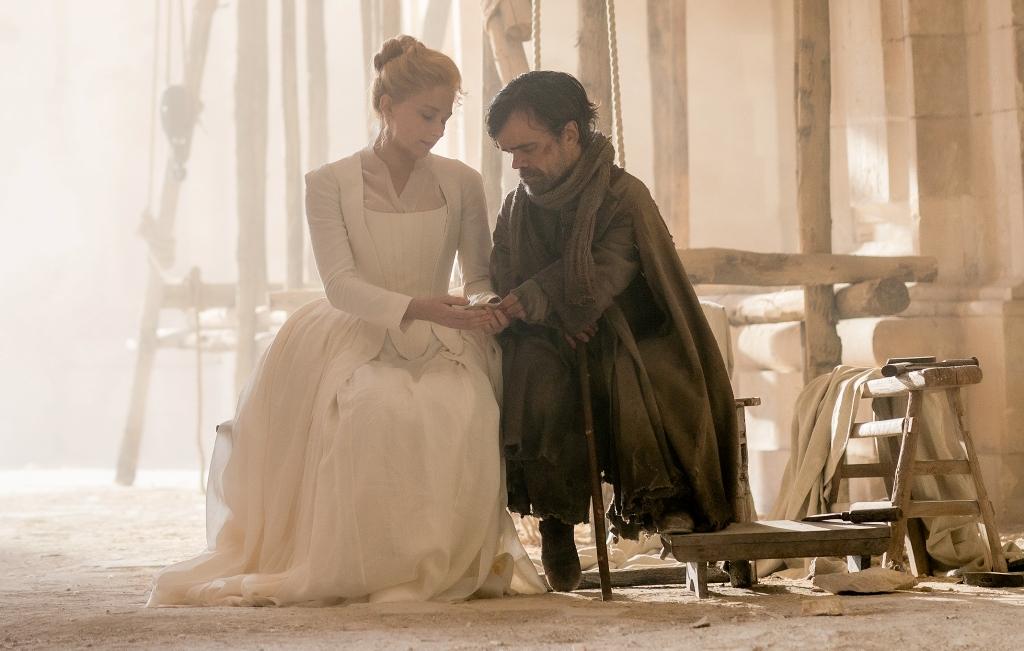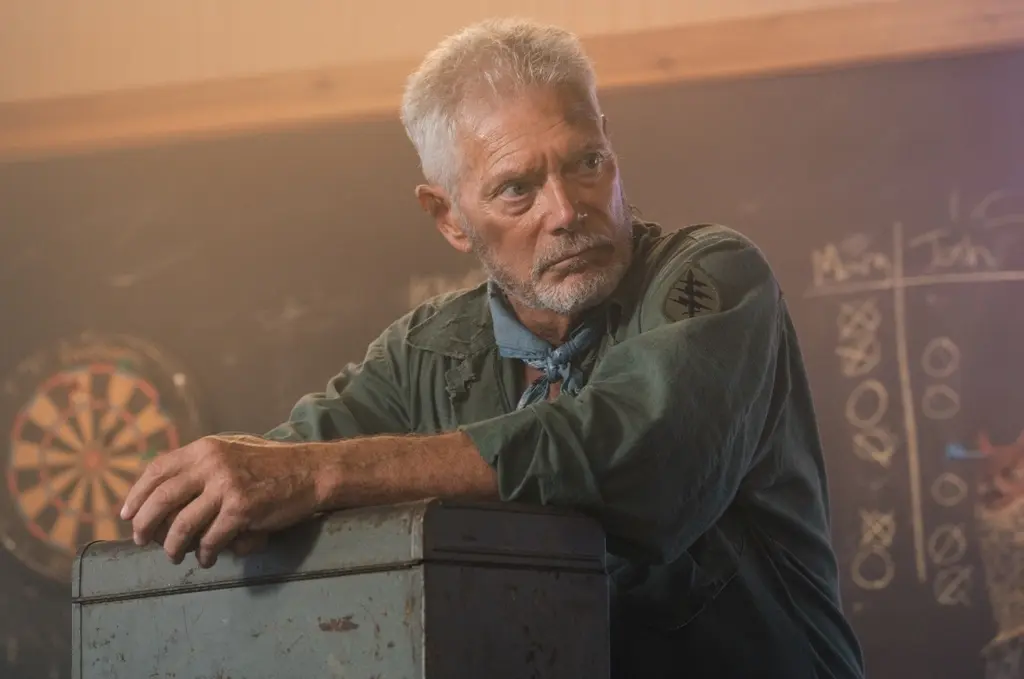After the promising releases of “Pride & Prejudice” and “Atonement,” director Joe Wright’s output could kindly be described as uneven. The now seven further features range in quality from very good (“Hanna,” “Darkest Hour”) to meh (“Anna Karenina”) to, well, no thank you (“The Soloist,” “Pan,” “The Woman in the Window”).

Roxanne (Haley Bennett) and Cyrano (Peter Dinklage), in “Cyrano.” MGM/Bron Creative/Working Title Films
|Updated:





